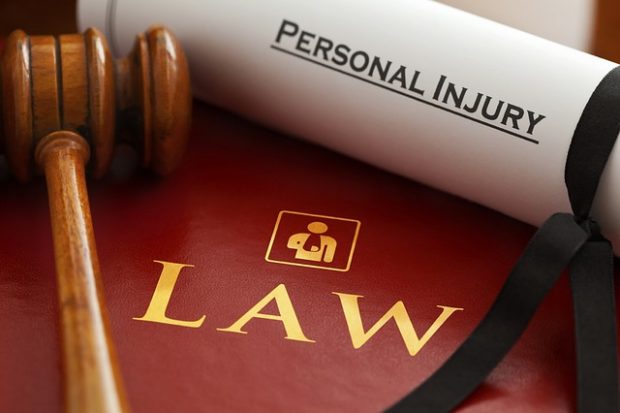Calculating Lost Income for a Personal Injury Claim

If your career has been put on pause due to a truck accident injury, or another serious injury caused by the negligence of others, don’t let the resultant loss of income affect your income.
If you talk to an LA injury attorney, you will find that besides medical expenses and pain and suffering, your claim can also include significant loss of income compensation. But California personal injury laws governing how to calculate loss of income can be complex. Here is what you need to know:
1. All lost income must be documented
In the legal world, say-so statements are void. That is especially true when you are dealing with a potentially antagonistic at-fault party and/or insurance company. You will need documentation proving that you have/had a medical condition that prevented you from working as usual, and you must be able to prove the connection between the accident, the injury, and your loss of income.
Gather the doctor’s note showing the nature of your injury and how long you suffered from it, recent pay stubs showing your normal level of income, tax returns for the previous year or more, and a letter from your employer (if you aren’t self-employed) confirming your employment status and pay rate.
2. Choose between the hourly wage and the annual salary calculation method
For an hourly wage, calculation is fairly straightforward: just multiply lost hours per day by your hourly wage, then multiply that by the number of days missed at work. $15 per hour times 8 hours equals $120, multiplied by 100 days hospitalized or in rehab, equals $12,000.
But some who are not paid by the hour need to use an alternate loss of income calculation method. Divide your annual income by your number of annual work-hours (2,080 if you work five days a week full-time). Then multiply by the number of days missed due to the injury.
3. Don’t forget to include ALL sources of income
Don’t overlook overtime pay rates and hours, bonuses you missed out on, promotions you would likely have gotten but didn’t (for longer-term calculations), and other sources of income you had but lost or could reasonably be expected to have obtained but didn’t because of the injury. A good injury lawyer can help you wade through all these “loose ends” and substantially increase your loss of income claim.
4. Don’t “cheat yourself” because you are self-employed
Special care will be needed to correctly calculate all of your lost income (“income” not “wages”) if you are a sole proprietor or the head of your own small business. Your business records, 1099s, receipts from past clients, and a host of other documentation may be of assistance here. You will need a good accountant and a good lawyer to ensure you don’t miss anything. But be advised, if you did not report prior income for tax purposes, you can’t suddenly report it now for the claim.
5. You may be entitled to compensation for future lost income as well
In cases where it is determined you suffered from lost earning capacity, you can likely collect compensation for the income you would have made in the future but now won’t (besides for past lost income).
Your age, skill sets, education level, and other factors will come into play here. You will need a “forensic economist” to help you out. But your personal injury attorney will know how to find one for you. That will add his/her expertise as to what kinds of claims are likely to succeed and how to go about with the negotiations.
.
Main image via pixabay.

